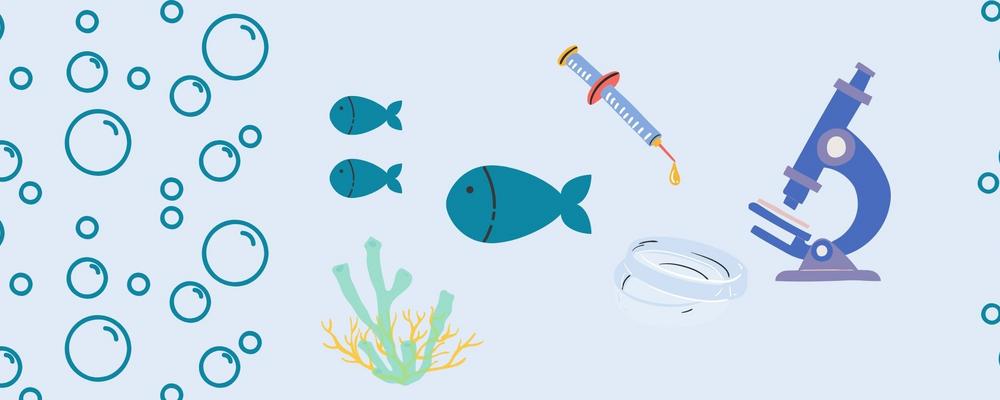
Zoophysiology
Focus within the main research area is on how animals function, and how they have adapted to and are affected by their environment.
Around ten senior researchers work within the field of zoophysiology, divided between a couple of larger research groups.
What is zoophysiology?
Zoophysiology, or animal physiology, is the study of internal physical and chemical functions of an organism, and how these functions are regulated by hormonal and neuronal signals. To answer physiological questions one often uses an integrative approach, investigating interactions and connections between different organs and at different organisation levels (cells, organs, whole animals).
Fish physiology
The research in Gothenburg has traditionally focused on fish, and still do so today. Much is fundamental research, aiming at understanding the physiology of fishes to get a deeper understanding of physiology in general. Our research also has a more applied angle, dealing with applications relevant for sustainable aquaculture, conservation, climate change and environmental pollution
Our focus areas
The research in animal physiology at the department addresses fundamental and applied questions in areas of, growth and metabolism, cardiovascular and gastrointestinal physiology, endocrinology. We use integrative approaches from the molecular and cellular levels to the whole animal.
An important subdiscipline of animal physiology is therefore ecophysiology, which is the study of how organisms have adapted to the environment and the mechanisms used to cope with environmental changes. In the face of climate change, which has led to increased temperatures and ocean acidification, this is an area of research that has expanded over the past years, both internationally and at the department.
Another important part of our research deals with question related to sustainable aquaculture and food production. Also fish health and welfare are important questions.
Focus is on fish and marine invertebrates, using different model organisms - both wild and farmed - depending on the question.
Researchers (PI:s)
Andreas Ekström
Fredrik Jutfelt
Elisabeth Jönsson Bergman
Catharina Olsson
Jonathan Roques
Erik Sandblom
Lynne Sneddon
Kristina Sundell
Henrik Sundh

